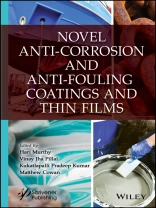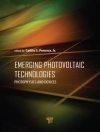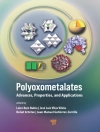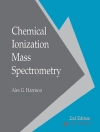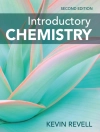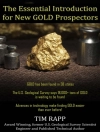Nanomaterials and nanocomposite materials have been developed as corrosion inhibitors and are the most noble and effective alternatives to traditional organic corrosion inhibitors. Nanomaterials provide reasonably high anticorrosive activity in both aqueous and solution phases. A unified approach to this task is lacking, however, which highlights the role of all disciplines involved in the creation and use of corrosion protection coatings for metals. Fouling is the process of accumulating unwanted material that is mostly non-living and comprised of detritus and organic or inorganic compounds, or organisms, such as tiny viruses up to giant kelps. This book covers both the processes of biofouling and anti(bio)fouling, and the devices that stop the biofouling process. This book provides a missing synopsis by providing an understanding of the anticorrosive and anti-biofouling effects of nanomaterials and nanocomposites under different environments. It features an up-to-date picture of the quality and chemistry of a substrate surface, its proper preparation by conversion treatment, the function of resins and anticorrosive pigments in paints, and novel concepts for corrosion protection.
A propos de l’auteur
Hari Murthy, Ph.D., finished his Ph.D. on novel anticorrosion materials at the University of Canterbury, New Zealand. He is an assistant professor in the Department of Electronics and Communication Engineering, CHRIST (Deemed to be University), Bangalore, India. His research interests include data engineering and material science. He has served as part of the program committee for several international conferences organized by the university.
Vinay Jha Pillai, Ph D., is an assistant professor in the Department of Electronics and Communication Engineering, CHRIST (Deemed to be University), Kengeri Campus, Bangalore, India. His primary research is in the early detection of breast cancer using optical imaging and holds two patents related in the subject. He is also exploring the domain of sensors for extracting coating parameters, especially for thermal barrier coatings which have a wide application in the field of corrosion and biofouling inhibitors.
Kukatlapalli Pradeep Kumar, Ph D., at an associate professor and data science program coordinator at Christ University, Bangalore, India. One of his research areas is in the field of data science for corrosion engineering where novel methods for corrosion inhibition based on data science techniques for correlating simulation predictions and molecular structures are in high demand.
Matthew Cowan, Ph D. is a faculty member in the Department of Chemical and Processing Engineering at the University of Canterbury, New Zealand. As a materials chemist, his main research interests are in the application of ionic liquids and ionic polymers for anti-fouling applications as well as efficient process designs for industrial gas separations. He is the author of more than 30 publications.
